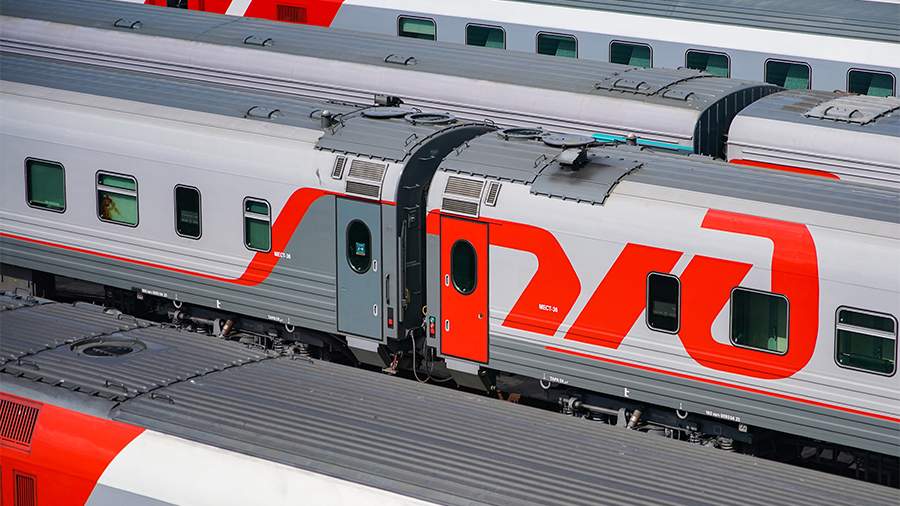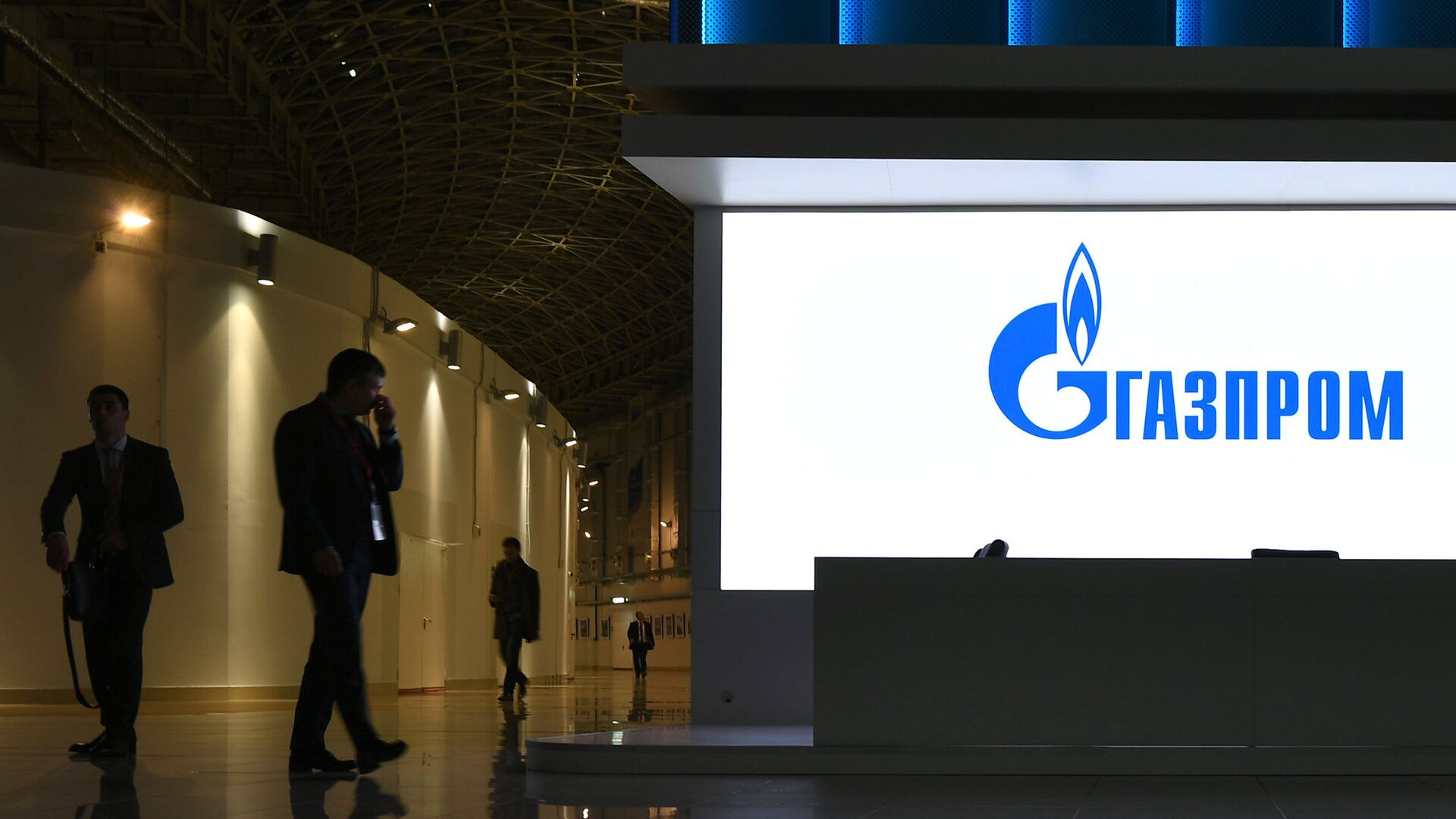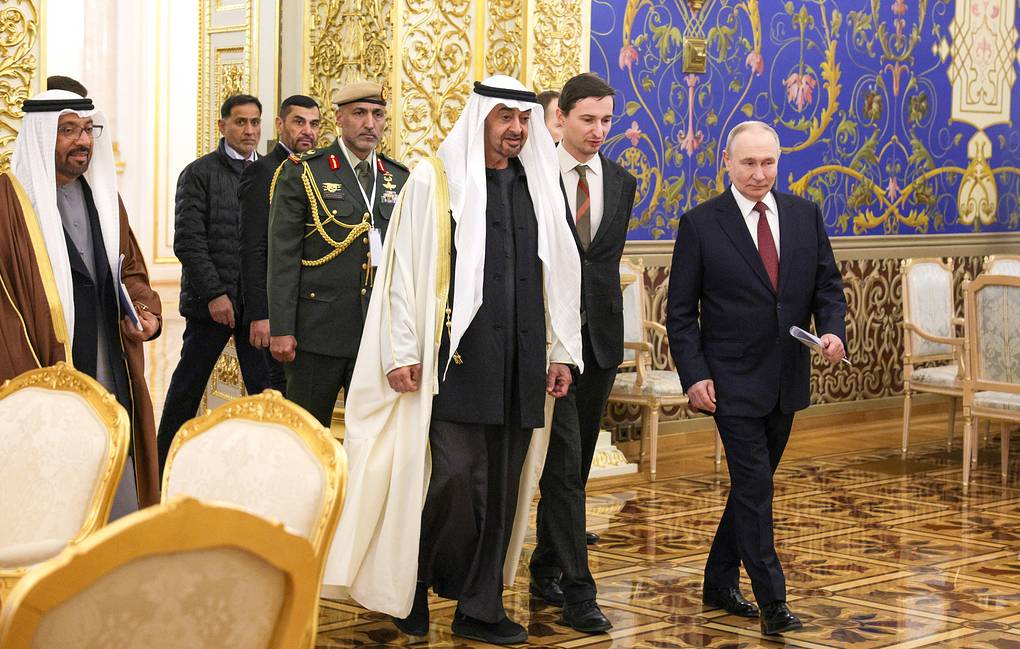
Ukraine’s Petroleum-Sector Challenges: Raising Domestic Output and Cutting Corruption
Ukraine’s Petroleum-Sector Challenges: Raising Domestic Output and Cutting Corruption
Volodymyr Zelenskyy inherited formidable challenges when he was elected Ukraine’s sixth president this spring, including a Kremlin-backed war with “separatists” in the east, deep-rooted corruption, and an ongoing natural gas dispute with Russia. Ukraine is now responding to the gas discord by trying to negotiate an extension of a long-term contract with Russia, filling its storage tanks in case Russia cuts gas shipments to it this winter, and trying to increase domestic production.
The contract under which Russia exports natural gas to Ukraine and on to Europe via Ukrainian pipelines expires on January 1, 2020. Russia’s Gazprom had hoped to complete its Nord Stream Two pipeline by then so it could transit gas to Europe without going through Ukraine. This gas transit pipeline would double the annual capacity of the already-existing 55-billion-cubic-meter (bcm) Nord Stream One, which directly links Russia and Germany via the Baltic seafloor. But Denmark has yet to approve the Nord Stream Two project in part of its waters, making the pipeline unlikely to be completed until mid-2020—a key reason why Russia asked for the contract extension talks with Ukraine.
Kyiv, in turn, is using two strategies to gain leverage in the negotiations, whose next round is scheduled for September 16 (RBC, August 1). First, it has been opening multiple international judicial proceedings against Moscow—an approach that is showing some success. Several local European courts have sided with the Ukrainian pipeline company Naftogaz in its request to seize Gazprom’s assets in those countries. The courts did so after European Union arbitrators found that Gazprom owed Naftogaz billions of dollars in unpaid pipeline-transit fees. Naftogaz’s other strategy for gaining leverage in the contract talks has been to store billions of cubic meters of gas for the winter, in case of a Russian cut-off. It has 16 bcm in storage already, with plans for 20 bcm before winter starts (Interfax, August 3).
Moscow, of course, has not let up its own pressure. In April, Russia banned a number of exports to Ukraine, including oil, other petroleum products and coal (Kyiv Post, April 18). But Ukraine responded by slapping special duties on Russian diesel oil imports (Ukrinform, August 1).
Meanwhile, Ukraine has also been offering gas exploration licenses to try to increase domestic production. It produced 21 bcm in 2018, well below what it needed (Naftogaz-europe.com, January 30).
Ukraine recently accepted bids for 1 offshore and 35 onshore oil and gas blocks (World Oil, May 23). Yet, so far, foreign investors’ wariness has led to disappointing results. One reason for Western companies’ hesitation is that the Ukrainian petroleum industry is rife with corruption. In addition, domestic oil and gas prices are below global prices, making investment less attractive. Finally, some of the blocks that Ukraine wants to put up for bid—off of Crimea, for example—are not de facto under Ukrainian control since Russia’s forcible annexation of the peninsula in 2014.
The first four rounds of bidding for 26 onshore blocks underscored Ukrainian companies’ stranglehold on the industry. All four of the winners were domestic concerns. State-owned UGV won the right to explore 13 blocks, the oligarch Rinat Ahmetov’s DTEK won 1 block, Yedina 1, and Burisma another. The bidding on ten of the available blocks ended with no licenses being awarded (Goukrainenow.com, accessed August 9).
The government was also disappointed in its failure to attract lucrative bids on the one offshore block it put up—the 9,500-square-kilometer Dolphin oil and gas field (Oil and Gas Journal, April 15). It had hoped that the Dolphin field in the northwestern Black Sea would attract European or North American oil and gas majors. Instead it only received bids from one smaller United States–based company and Russian- and Azerbaijani-affiliated enterprises.
The US concern, Frontera Resources (headquartered in Houston, Texas), already has projects in Moldova and Georgia. Another bidder, Trident Black Sea, is affiliated with Ilya Ponomarev, a former member of Russia’s parliament who cast the only vote against Russia’s annexation of Crimea. The Azerbaijan-connected bidder was state-owned SOCAR’s affiliate Caspian Drilling Company. Another bidder was Ukrneftburenie, which has ties to the Ukrainian oligarchs Ihor Kolomoysky and Pavel Fuks (Goukrainenow.com, accessed August 9).
The Caspian Drilling Company bid caused such a public outcry in Ukraine that the firm withdrew it. Specifically, Ukrainian news organizations had quickly linked Caspian Drilling to Russia’s Lukoil, whose president is also an ethnic Azerbaijani. The media asserted that an exploration license to Caspian Drilling would be tantamount to giving a Russian petroleum giant control over a key offshore asset (Vesti Ukraine, July 3).
Ponomarev’s Trident Black Sea ultimately won the bid, but it faces a couple of messy complications. One is that Naftogaz claims the rights to 40 percent of the block. Trident will also need to persuade the Ukrainian government that it has the financial and technical capacity to implement the project (Ekonomiceskaya Pravda, August 7).
Ukraine will be able to survive the winter with enough gas thanks to its storage program; but over the long term, it will need to further decrease and replace its import of Russian energy—a process that already began under former president Petro Poroshenko with policies to substitute direct imports of Russian gas, for example (see EDM, February 11, 2016). Now, Kyiv will also need to facilitate increased domestic production and higher industrial efficiency through more competition and transparency. President Zelenskyy will, thus, have to walk a tightrope between helping the petroleum sector become a bigger contributor to the economy while simultaneously cleaning up the widespread corruption that continues to plague it.


